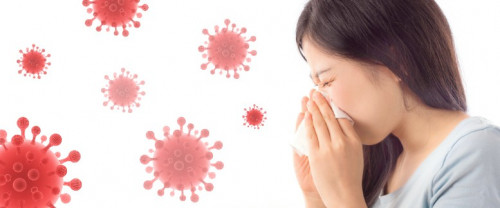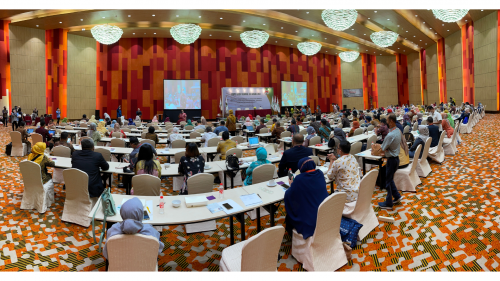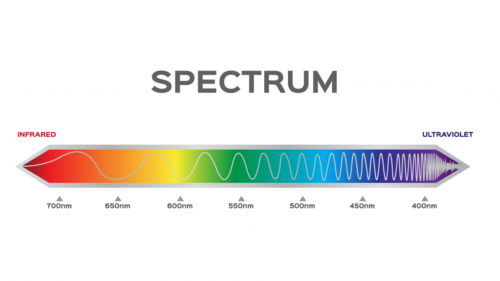One severe consequence of exposure to polluted air is the increased risk of lung cancer. Tiny airborne particles can infiltrate the lungs, elevating the risk of developing cancer. Understanding the influence of air quality on the risk of lung cancer is crucial in efforts for prevention and health protection.
Air quality is a crucial environmental factor that significantly impacts human health. One severe consequence of exposure to polluted air is the increased risk of lung cancer.
According to the World Health Organization (WHO), air pollution exposure is responsible for approximately 29% of lung cancer cases worldwide. Tiny airborne particles, such as pollutants from industries, transportation, and fossil fuel combustion, can infiltrate the lungs, elevating the risk of developing cancer.
Particulate Matter and Toxic Compounds
Particulate matter (PM) is a major component of air pollution that can pose threats to lung health. According to the American Lung Association, these particles can reach the smallest airways, causing inflammation and cell damage. Toxic compounds like arsenic, formaldehyde, and benzene found in the air can act as triggers for lung cancer.
Air Pollution and the Role of Free Radicals
Air pollution introduces free radicals into the body. Free radicals are unstable molecules that can damage healthy cells. According to the National Cancer Institute, cell damage caused by free radicals can lead to genetic changes contributing to cancer development, including lung cancer.
Lung Cancer and Secondhand Smoke
Secondhand smoke, or smoke inhaled by non-smokers, also contributes to an increased risk of lung cancer. The Centers for Disease Control and Prevention (CDC) notes that secondhand smoke can contain over 7,000 chemicals, with some known to be carcinogens, heightening the risk of lung cancer in those exposed.
Preventive Measures and Protection
Considering the serious impact of air pollution on lung health, preventive measures become crucial. Some preventive measures that can be taken include:
- Use a mask
- Ensure good ventilation in the room
- Ensure good air quality
- Support environmentally friendly policies
Understanding the influence of air quality on the risk of lung cancer is crucial in efforts for prevention and health protection. By minimizing exposure to air pollution, both outdoor and indoor, individuals can contribute to reducing the incidence of lung cancer cases. Additionally, supporting policies and actions that promote a clean environment is a collective step that needs to be taken.
References:
- American Lung Association. (2022). Health Effects of Particulate Matter (PM).
- Centers for Disease Control and Prevention (CDC). (2022). Health Effects of Secondhand Smoke.
- National Cancer Institute. (2022). Free Radicals.
- World Health Organization (WHO). (2022). Air pollution and cancer.






